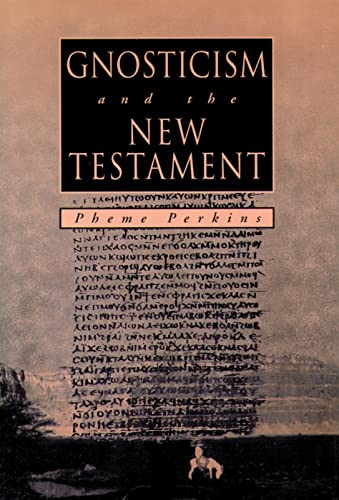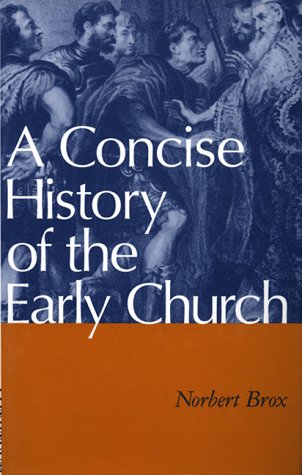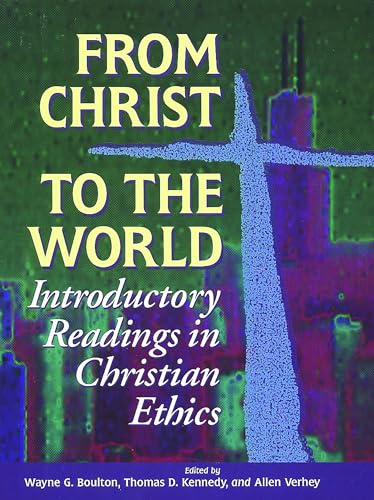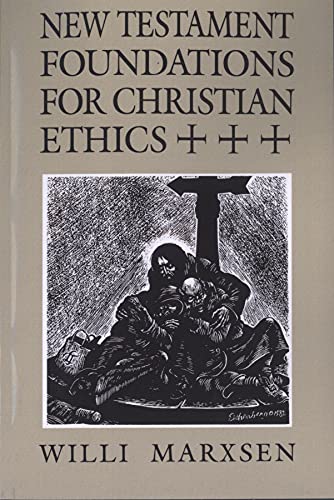Calvin’s Thought on Economic and Social Issues and the Relationship of Church and State
Written by Richard C. Gamble (ed.) Reviewed By A. T. B. McGowanThis is volume 11 of a 14-volume series with the general title Articles on Calvin and Calvinism. Each volume consists of an ‘anthology of scholarly articles’ culled from various journals, on a particular theme. Previous volumes included collections of articles on ‘The Biography of Calvin’, ‘Calvin’s Work in Geneva’, ‘Calvin and Science’ and so on. This series provides an undoubted tool for Calvin scholars who will find it much easier to work with articles collected in this way rather than having to search through many different journals to find them. The disadvantage is that each article is a photo-reprint of the original rather than a reformatted version for this book. This means that one comes across a different typeface and font size with each new chapter. Clearly the content is the important matter but many will find, like this reviewer, that to go from say 12 point type to 6 or 7 point type is a psychological barrier to enjoying the ‘flow’ of the book.
This volume is concerned with Calvin’s views on Church and State and, in particular, with whether or not Calvin advocated a kind of ‘theocracy’ both in his practice in Geneva and in his published writings. The 18 articles are very different from one another. Some are ony a few pages in length (for example, Peter Stein’s two-page comment in support of H.A. Lloyd’s three-page article!) while others are long, detailed pieces of work (such as Herbert Foster’s 44-page article originally published in 1908). Some are dealing with the most recent scholarly concerns, others were first published in the first half of the century. What they share is a deep concern to understand Calvin and to hold him up as an example of a theologian who was grappling with many of the deepest and most significant issues which face the Christian church in any generation. The analysis of Calvin’s view of Church and State is contained essentially in the first eight essays. There follow seven articles on Calvin’s view of social justice, economics and capitalism. Finally—perhaps the most interesting group of articles—there are three essays on Calvin’s view of art. By bringing these essays together in this form the editor has created an interesting and stimulating volume, although those who have already read a number of these articles in their original journal form may be reluctant to part with money to buy them in this collected version.
A. T. B. McGowan
A. T. B. McGowan
University of the Highlands and Islands
Inverness, Scotland, UK






